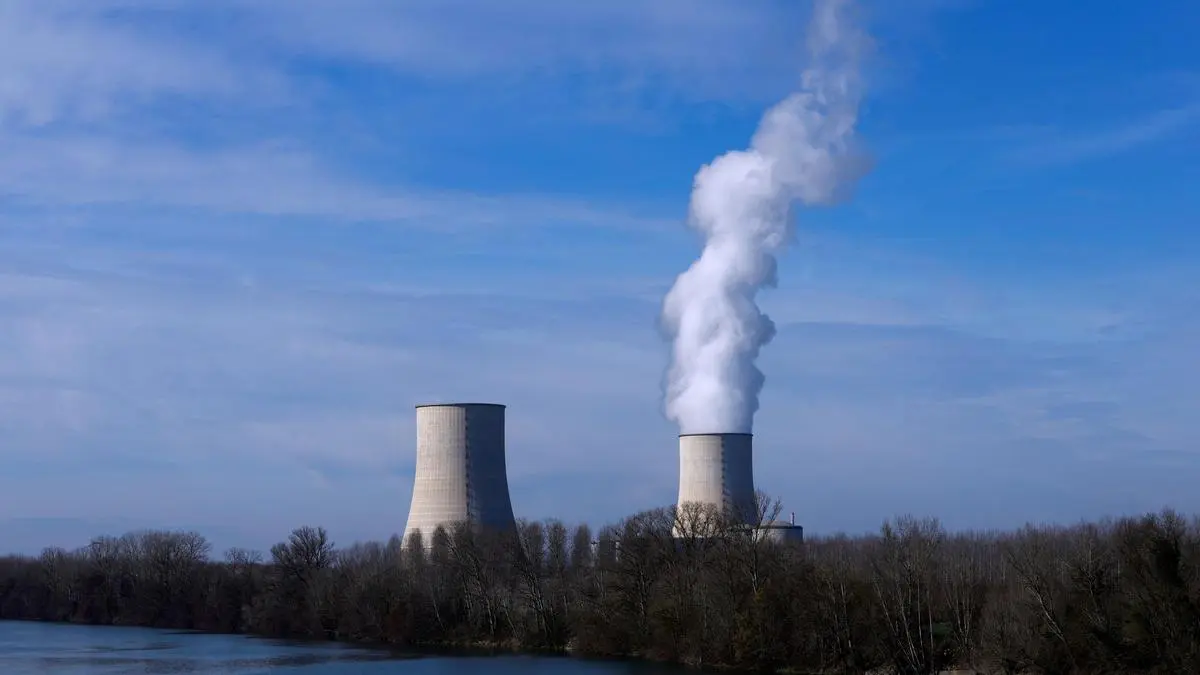Home / Business and Economy / India Boosts Old Nuclear Plants' Income
India Boosts Old Nuclear Plants' Income
23 Nov, 2025
Summary
- Old nuclear plants can now collect extra revenue.
- This aims to fund new projects and support existing ones.
- Policy change supports India's ambitious nuclear energy goals.

India is enhancing financial support for its aging nuclear power infrastructure by permitting older plants to generate additional revenue. Facilities that have been operational for a minimum of thirty years are now eligible to charge consumers an extra 0.5 rupees per kilowatt hour, a move designed to bolster funding for both new ventures and the maintenance of current operations. This policy is part of a broader strategy to energize India's nuclear sector.
The "special incentive" is integrated into a comprehensive atomic power pricing strategy set to last for five years, with a retroactive start date of April 2022. This initiative is critical as India relies on consistent baseload power from coal and nuclear sources to manage peak electricity demand, especially during evenings when solar output diminishes. The nation has set a significant target of 100 gigawatts of nuclear capacity by 2047.
This revenue boost is crucial for the state operator, Nuclear Power Corp. of India Ltd. (NPCIL), to secure the necessary investments for its expansion goals. Currently, nuclear power constitutes a small fraction of India's energy mix. The government is also exploring amendments to nuclear laws to attract private investment, aiming to complement NPCIL's efforts and ensure the successful realization of its long-term energy objectives.




